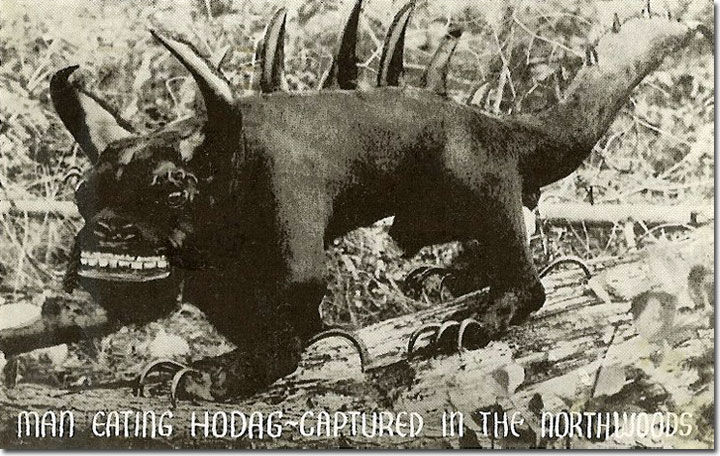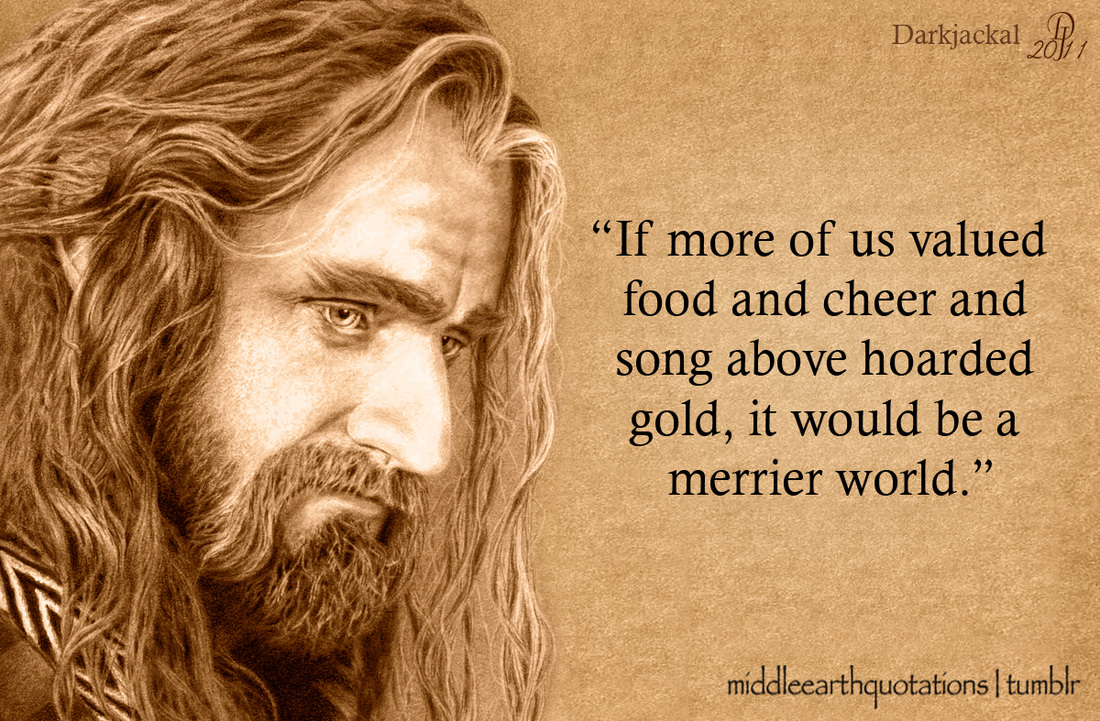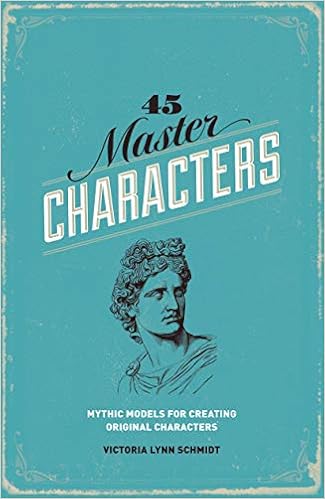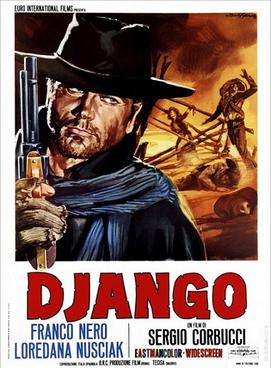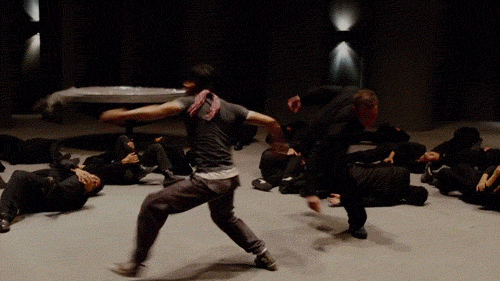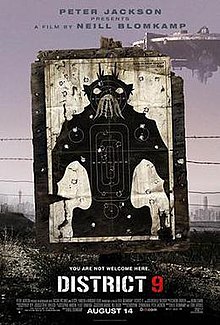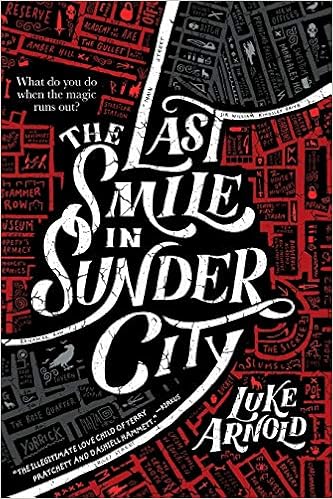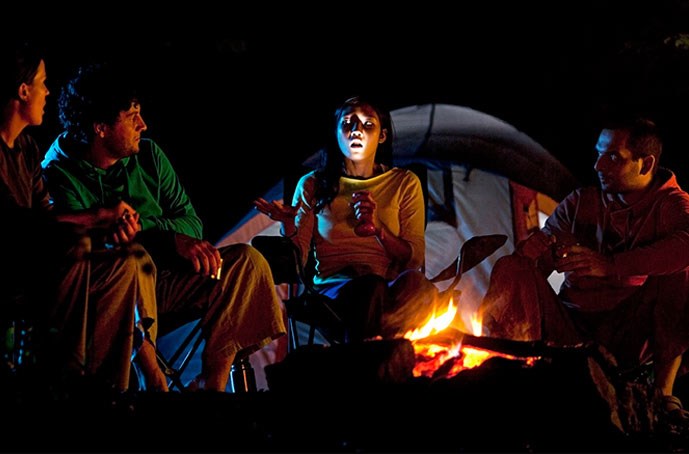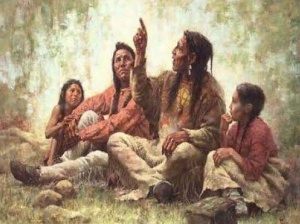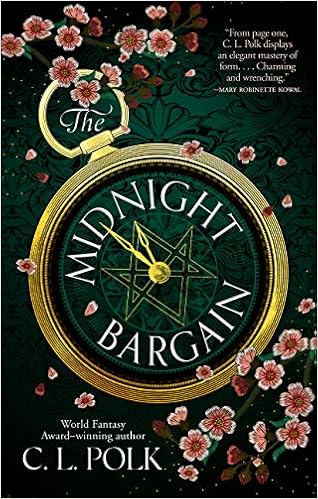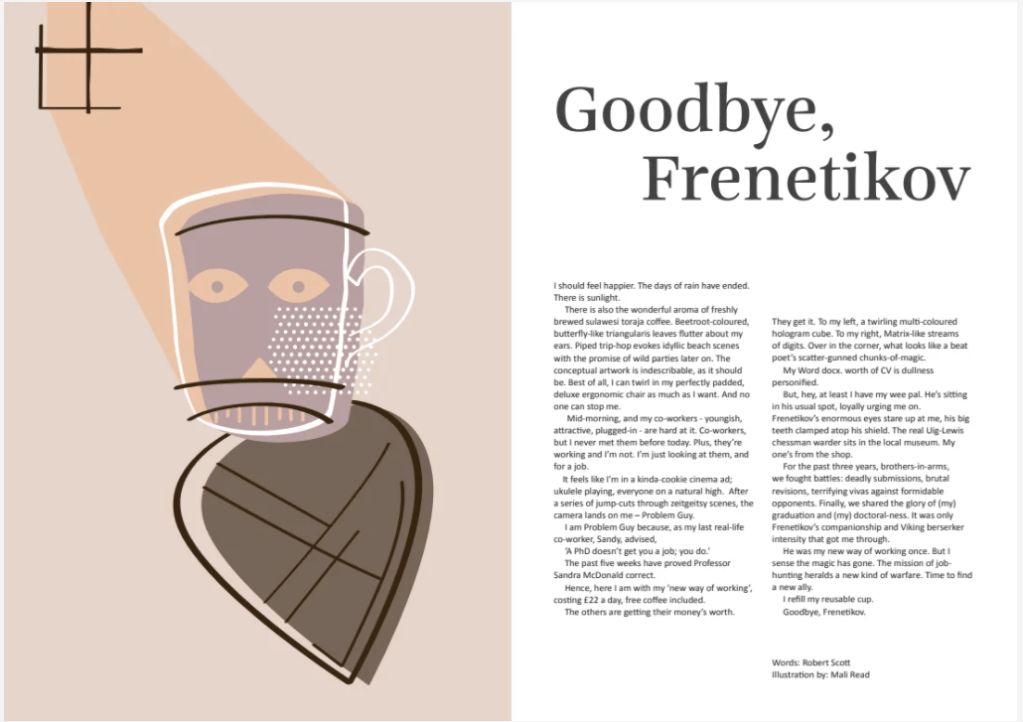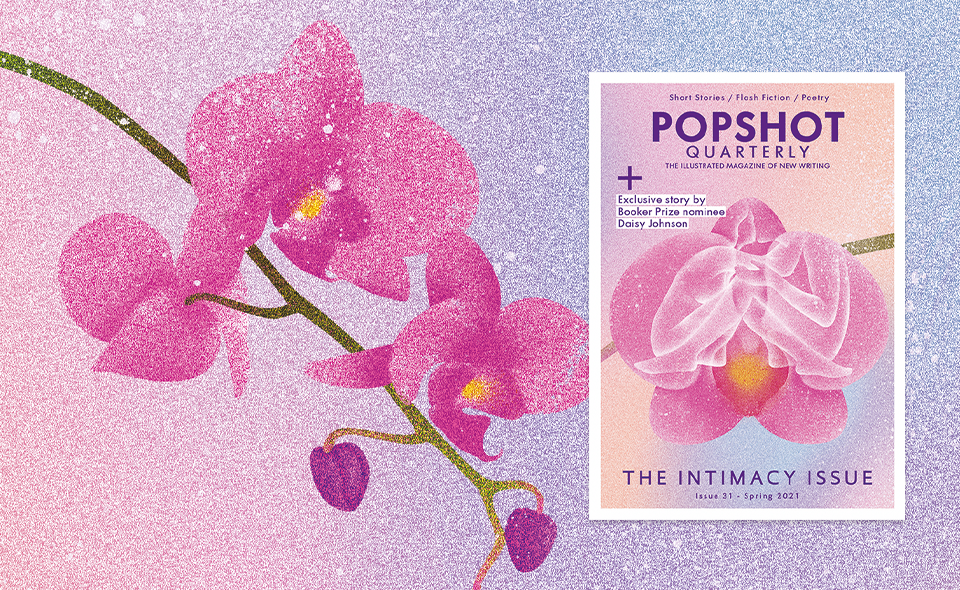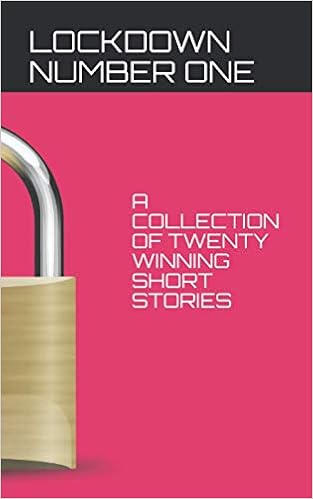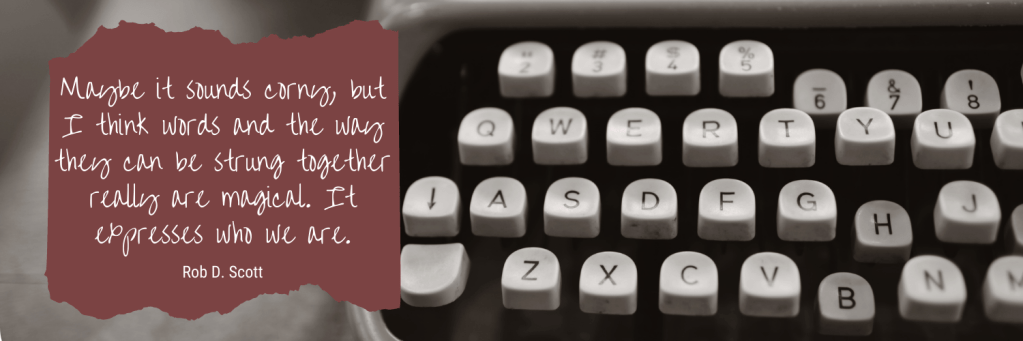Well, bugger.
I had planned on exploring the fun of writing humor with you today, but the torrent of finals has not yet subsided. As my husband Bo reminds me time and again, it is VITAL to respect my limitations. The finals will soon be graded, and then I can return to sharing more than story cuppings with you.
(I think I’ll spend November sipping more indie brews. I hope you’ll join me!)
In the meantime, let me share some music and one of my favorite stories from Diana Wynne Jones about her writing life. I first shared these posts back in 2015 when I participated in National Novel Writing Month. Six years later, this music still grips me and these words still inspire me.
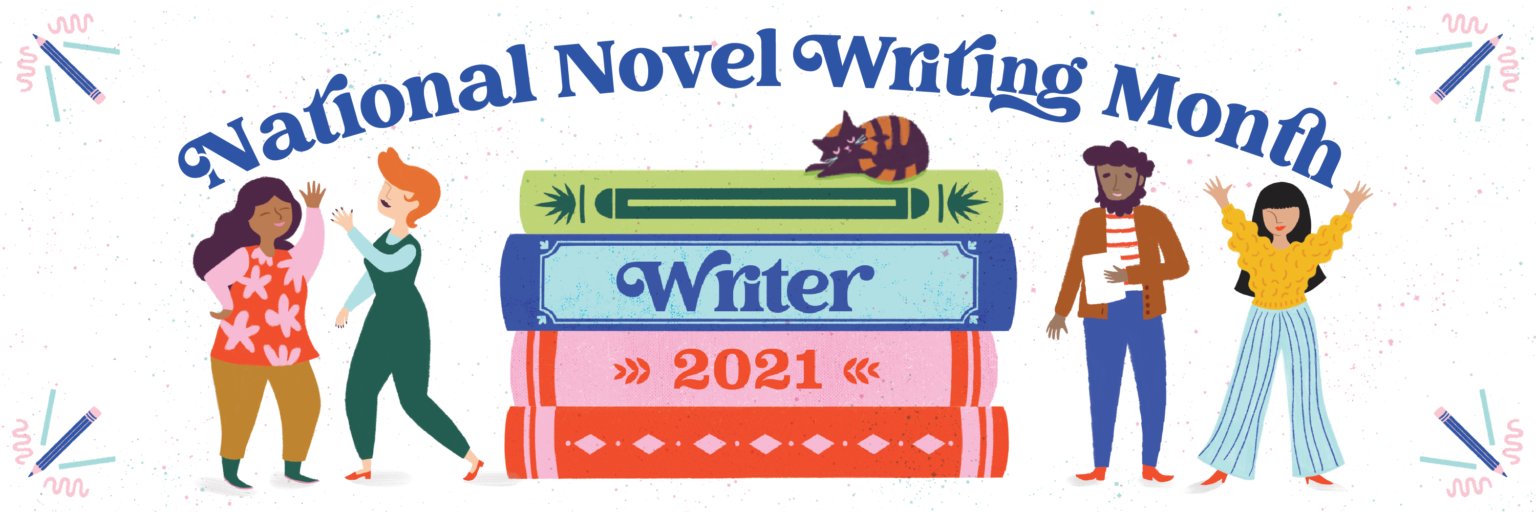
Take heart, my fellow creatives! Whether or not you join in thirty days and nights of literary abandon, your stories will always be there inside you. You will find the time to write them, and you will find a way to share them.
We all will. x
Originally Posted November 1, 2015
National Novel Writing Month is upon us. You’ll have to pardon me as I wish to dedicate my time write–feeble as it is–to the challenge of 50,000 words in 30 days.
So rather than blog, per say, I shall share music I find useful for various elements of story. For starters, a starter: music that marks the beginning of adventure. James Newton Howard’s score for PETER PAN has an excellent bit of fantastic to inspire you: a light giddiness that builds into the dramatic departure of the known for the unknown.
Are you ready to embark on Thirty Days and Nights of Literary Abandon? Don’t be afraid. Let your story hold out its hand. Take it, and fly.
Originally Posted: November 8, 2015
In celebration of passing the 15,000 word mark, some music.
There’s something blissfully cool about the first meeting of two companions, be they friends or moreso. John Powell’s How to Train Your Dragon has one of the most beautiful themes ever created in the spirit of friendship, and that this friendship transcends the ordinary makes it all the more powerful. Treat your characters to a first meeting that is nothing short of memorable.
Originally Posted November 15, 2015
John Powell again? You bet.
In celebration of reaching the halfway point of my story, I think it’s time for a chase. Any story, especially one with murder, kidnapping, and other intrigues, has got to have a chase. Plus, this chase from BOURNE SUPREMACY has some excellent percussion/string sequences for fighting. Now, set a fire under those characters and set them a’runnin’.
Originally Posted November 22, 2015
At some point, I hope, your characters seek something that will help fulfill a goal, or quest, or what have you. In my case, my characters are seeking a member of their group who’s been taken. Stakes are always high in such situations, and it gives a writer the challenge of laying clues that readers MUST be able to see without feeling obvious, for characters to drop verbal clues without sounding like they’re being dropped. It’s a delicate balance, not often achieved in a single draft. Still, that doesn’t mean we can’t try, and if a little bit of mysterious air can help, all the better. Let Alexandre Desplat’s music from the final Harry Potter story help provide the necessary ambiance for the mystery woven in your plot.
Originally Posted on October 27, 2015: “Just Bash on and Do It.”
With National Novel Writing Month just a few days away, I think it’s worth pausing my own nonfiction and lessons from my favorite writer until December. However, to help those who also revel in the Thirty Days and Nights of Literary Abandon, I shall continue sharing Writer’s Music posts throughout the month.
That said, I wanted to talk about something from Diana Wynne Jones’ Reflections that feels especially appropriate on the cusp of NaNoWriMo.
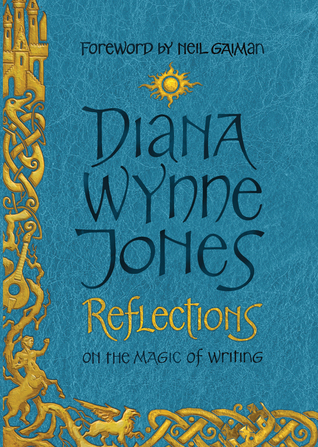
In 2011, Charlie Butler interviewed Jones in her home. At one point he asks about her writing process, and if others, such as editors, see the work in progress. Jones is very clear that this is NOT how she works:
I hate being edited, because my second draft is as careful as I can get it. I try to get it absolutely mistake-free, and absolutely as I feel the book needs to be. Then some editor comes along and says, “Change Chapter Eight to Chapter Five, take a huge lump out of Chapter Nine, and let’s cut Chapter One altogether.” And you think, No, I’m going to hit the ceiling any moment. Then I call for my agent before I get my hands round this person’s throat.
…
Thank God it was the days before computers. I said, “Send me the typescript back and I’ll see what I can do.” So she did, and I cut out the bits she told me to alter, in irregular shapes, then stuck them back in exactly the same place with Sellotape, only crooked, so it looked as if I’d taken the pieces out and put new pieces in. And then I sent it back to her, and she rang up and said, “Oh, your alterations have made such a difference.” And I thought, “Right! Hereafter I will take no notice of anybody who tries to edit my books.”
Now while I can only dream of having this woman’s confidence and ability to write sideways and backwards and ALWAYS create something awesome (such as Hexwood), she still marks the point that it is the SECOND draft she makes perfect. Her first draft was always written by hand, and she accepted that chunks of it would need to be done over: “If you want to make your story as good as you can get it, you have to go over it and get it right.”
For some of us, who are on draft #8 (ahem), “getting it right” in only one or two rewrites still sounds like a miracle. But it is nice to know that one whose plots knot every which way and still produce these beautiful woven works does not expect it to be right the first time. Yet another reason NaNoWriMo is so wonderful for writers: it forces us through that first draft–in Jones’ words, “Just bash on and do it.” Then, with the time crunch gone, we can take our time, pick the story threads apart, and concentrate completely on “getting it right.”
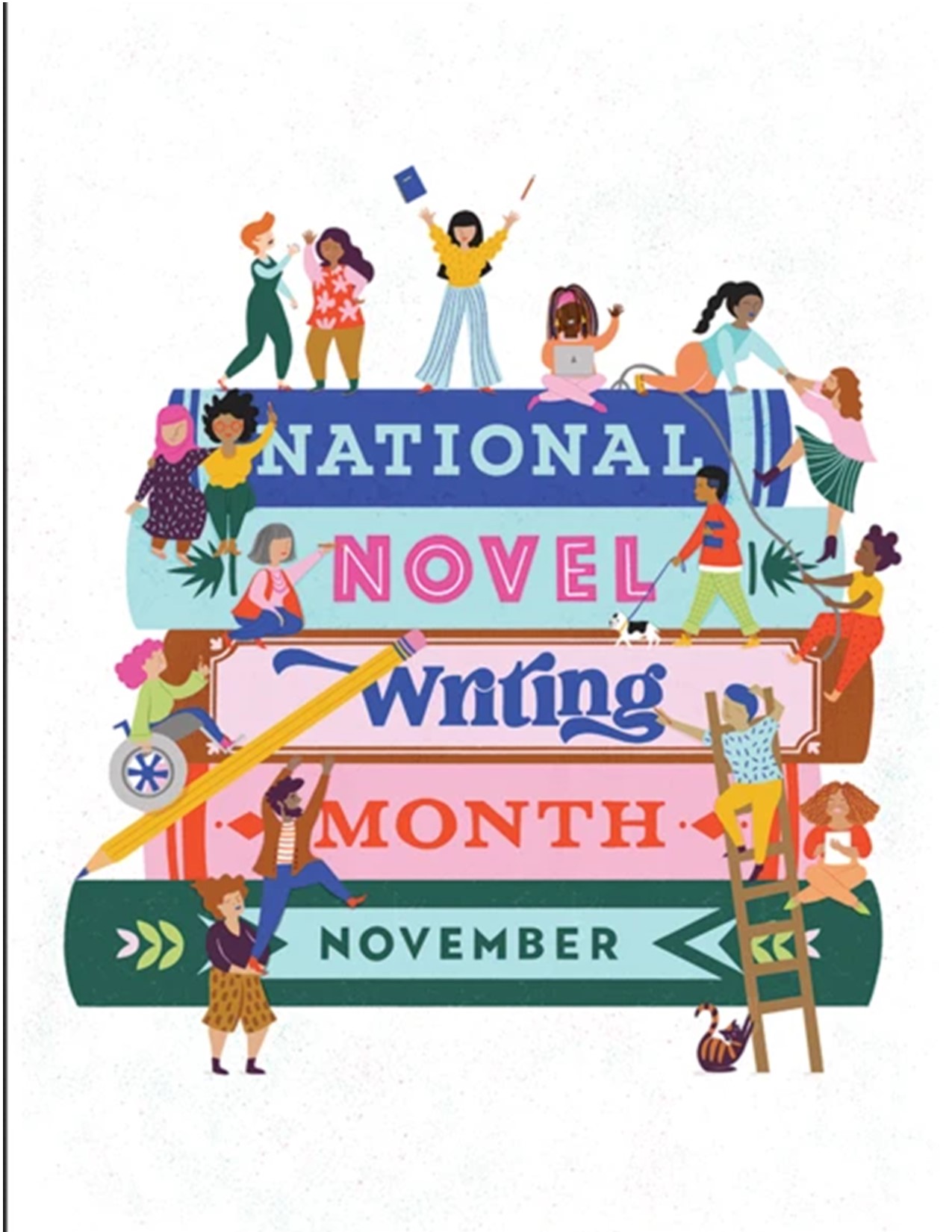
I hope you enjoyed that little trip back in time! I’m still lost in the past myself, as my 2019 crack at NaNoWriMo resulted in the start of a story that transcends seasons, a tale of bloody magic set in the deadly quiet snows of Wisconsin’s northern wilderness. All Hallows Eve may have passed, but Winter is on Wisconsin’s doorstep. It is only a matter of time before snow and spirit meet…

Just in case you’re interested, those NaNo chapters can be found in my Free Fiction section.
All right, back to grading. When we return, let’s enjoy a chat and a laugh before I put my daughter Blondie to work. 🙂
Read on, share on, and write on, my friends!





